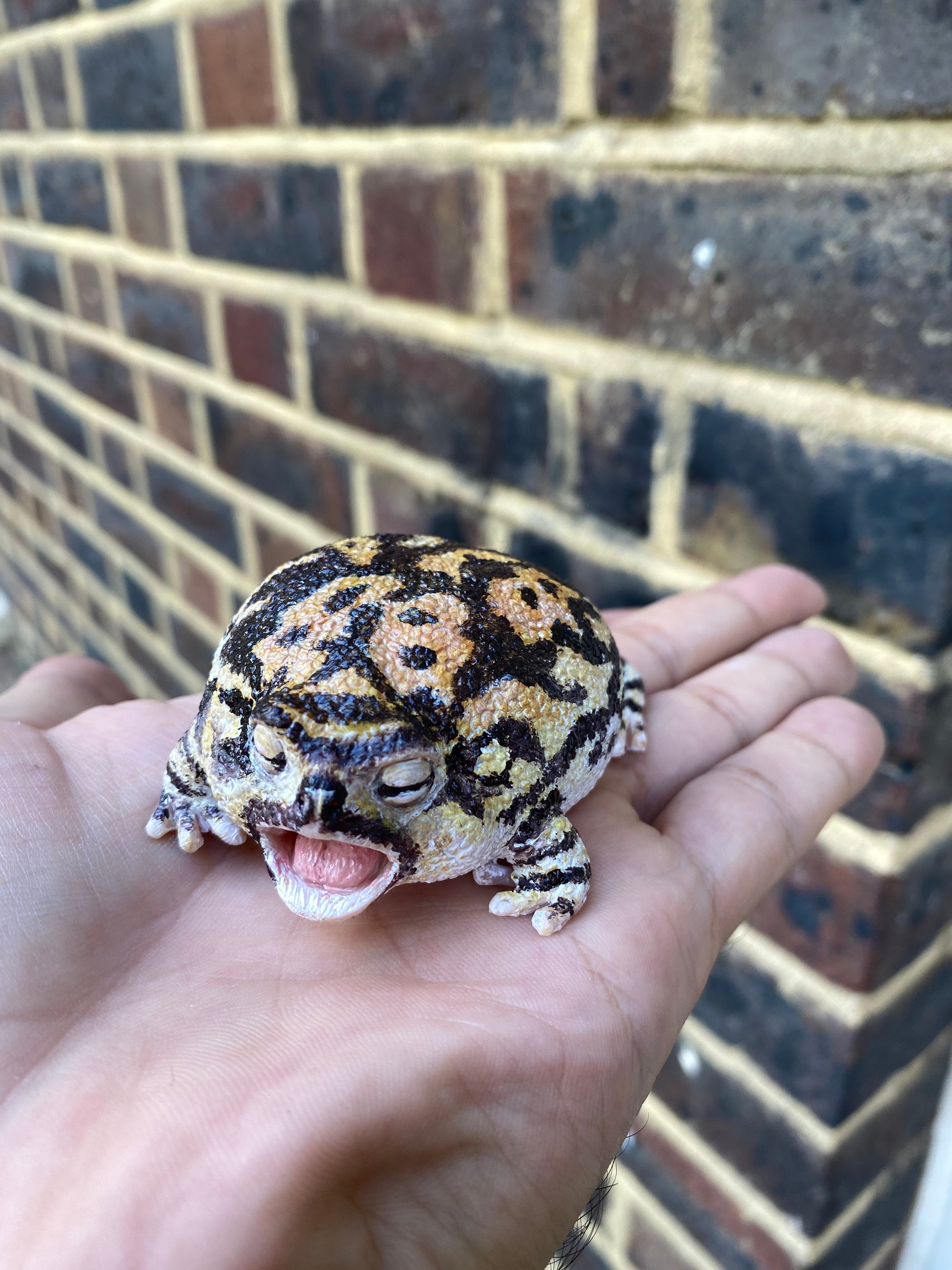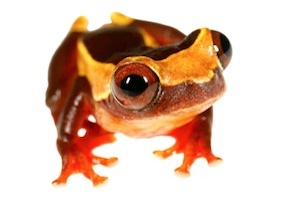Common Health And Wellness Issues in Reptiles: Signs And Symptoms and Solutions
In the intricate globe of reptile care, comprehending the typical health and wellness issues that might influence these unique creatures is paramount in ensuring their health. Whether it's grappling with parasitic problems, navigating dehydration concerns, or resolving skin ailments that manifest in refined ways, being attuned to the signs and outfitted with the knowledge of efficient services is necessary for any kind of reptile owner.
Respiratory System Infections
Breathing infections in reptiles can dramatically impact their overall health and wellness and need prompt attention from knowledgeable vets. These infections are frequently triggered by microorganisms, viruses, or fungi and can materialize with signs such as hissing, nasal discharge, open-mouth breathing, and sleepiness. In reptiles, breathing infections can be especially challenging to detect and treat due to their distinct composition and physiology. Veterinarians usually count on a mix of physical assessments, diagnostic imaging, and laboratory tests to properly determine the underlying root cause of the infection.
Treatment for respiratory infections in reptiles generally involves a combination of supportive treatment, such as keeping correct moisture degrees and temperature level gradients in the room, as well as targeted medicine to address the specific virus accountable for the infection. It is vital for reptile owners to check their pet dogs carefully for any indicators of breathing distress and look for veterinary care at the earliest sign of a problem. With timely intervention and proper treatment, lots of reptiles can recover totally from breathing infections and resume typical tasks.
Metabolic Bone Illness
What aspects add to the development of Metabolic Bone Illness in reptiles?
Metabolic Bone Condition (MBD) in reptiles is mostly caused by an absence of correct calcium, phosphorus, and vitamin D3 degrees in their diet plan. Additionally, poor direct exposure to UVB light avoids reptiles from manufacturing vitamin D3, which is essential for calcium absorption and bone health.
Other adding elements to MBD include inappropriate temperature gradients within the reptile's habitat, bring about reduced metabolic rate and damaged calcium absorption. Inadequate humidity degrees can additionally influence a reptile's capacity to metabolize calcium effectively. Certain reptile types have specific dietary requirements that, if not met, can raise the probability of establishing MBD. Regular veterinary examinations, proper husbandry methods, and a well balanced diet are important to stop Metabolic Bone Condition in reptiles.
Parasitical Infestations
Parasitical infestations posture a substantial health and wellness threat to reptiles, impacting their overall health and needing timely veterinary attention. Reptiles can be impacted by various parasites, including termites, ticks, inner worms, and protozoa. These bloodsuckers can create an array of symptoms, such as weight loss, sleepiness, skin irritability, diarrhea, and even death if left without treatment.
One usual bloodsucker located in reptiles is the mite, which can create skin stress and anxiety, inflammation, and anemia. Ticks are another outside bloodsucker that can transmit conditions and cause pain to the reptile. Internal parasites like worms and protozoa can cause digestion concerns, malnutrition, and weaken the reptile's body immune system.
To diagnose a parasitical infestation, a vet might perform fecal tests, skin scrapings, or blood tests. Treatment frequently involves deworming medications, antiparasitic baths, or in severe situations, a hospital stay. Preventative procedures such as routine vet exams, proper hygiene, and quarantine procedures for new reptiles can aid minimize the threat of parasitical problems and make certain the wellness of reptile Extra resources animals.
Dehydration and Hydration Issues
Dehydration in reptiles can significantly influence their health and well-being, requiring timely intervention and suitable hydration administration. Reptiles description are susceptible to dehydration due to different variables such as inadequate water intake, high environmental temperatures, and specific health and wellness conditions. Symptoms of dehydration in reptiles include sunken eyes, sleepiness, loss of skin elasticity, and decreased peeing. Dehydration can lead to severe health and wellness concerns and even be fatal to the reptile - rain frog for sale. if left untreated.
To stop dehydration, reptile proprietors must make certain that their animals have access to clean water in any way times. The water dish should be large sufficient for the reptile to take in if required, particularly for species that soak up water with their skin. Furthermore, preserving proper humidity levels in the reptile's room and supplying routine baths can assist stop dehydration.
In cases of dehydration, it is important to seek vet treatment immediately. A veterinarian might provide fluids either by mouth or via injections to rehydrate the reptile. It is important to resolve the underlying source of dehydration to protect against recurrence and make certain the reptile's total health.
Skin Ailments

Final Thought

Respiratory infections in reptiles can dramatically affect their total health and wellness and require timely interest from experienced vets (rain frog for sale). Preventative actions such as regular vet check-ups, appropriate health, and quarantine procedures for brand-new reptiles can aid lessen the danger of parasitical invasions and make sure the well-being of reptile animals
If left untreated, dehydration can lead to serious health and wellness concerns and even be fatal to the reptile.
Regularly examining your reptile for any type of adjustments in skin appearance, texture, or shade can assist in very early discovery and treatment of skin conditions, advertising the total wellness and wellness of your scaly friend. - rain frog for sale
In final thought, reptiles are vulnerable to various health issues such as respiratory infections, metabolic bone disease, parasitical invasions, dehydration, and skin disorders.